Pilots
Science Clusters and Thematic Pilots
There are 8 thematic pilots in OSTrails highlighting their importance in achieving project objectives across different communities. They play a crucial role in simplifying researchers’ efforts to handle data and follow best practices.
Their work in the project will be focused on:
- Design DMP templates tailored to community specifications embedding FAIR metrics.
- Improve knowledge graphs by adding more details about experiments, datasets, instruments, and other important results in research.
- Creatiom of rules for FAIRness in their specific areas. In essence, these thematic pilots contribute to making data management more effective and tailored to the unique needs of different research fields, promoting FAIRness and interoperability within those domains.
At a glance
Cross-domain and science cluster
Working with and for all the five ESFRI Science Clusters, this pilot focuses on the collaborative enrichment of FAIRsharing, a resource of interlinked community standards (to identify and report data and metadata), databases (repositories and knowledge bases), and policies (from all organisations). FAIRsharing content will power DMP tools and FAIR assistance services to find and extract relevant standards and databases for inclusion in DMPs, or for FAIRness validation processes. Records in FAIRsharing are also interlinked, creating rich knowledge graphs, showing which standards are implemented by a database, also how databases are related (e.g. exchanging data), and how standards are connected to each other (e.g. which terminologies are used by a given model). FAIRsharing graph will be connected to the OpenAIRE’s Graph, and other Cluster-specific complementary graphs. To enable this collaborative work, the FAIRsharing Community Champions Programme will ensure formal connections to all Clusters and their research infrastructures, crediting their individual and organizational contributions via the use of ORCID and ROR.
Physics
Photon and neutron open science cloud (PaNOSC) pilot on Physics aims at developing PaN RI community DMP ma-templates, embedding community FAIR metrics within the templates to assess DMPs against FAIRness of their described outputs, enhancing Pan RI with entities, PIDs and relationships for experiments, datasets, instruments, facilities, software, publications, vocabulary and grants (PUMA SKG), and enhancing FAIR assessment of ICAT - PaN dataset repository, SOLEIL and ILL RIs digital objects. For this purpose, DSW local instance, PUblication and experiment Metadata Analyser (PUMA), ICAT - PaN dataset repository will be employed.
Marine/ Coastal
The Joint European Research Infrastructure of Coastal Observatories (JERICO) pilot on Marine and Coastal Sciences aims to develop DMP ma-templates for the marine community, align with SKG interoperability requirements, increase automation in reporting, and adopt and expand community FAIR metrics to assess DMP outputs. The Balearic Islands Coastal Observing and Forecasting System (SOCIB) will serve as the testing ground for these implementations, focusing on the ocean glider data lifecycle and digital objects. A key objective is to improve the relationship between instrumentation, datasets, software, and publications by leveraging the JERICO-CORE and JERICO Knowledge Graph to develop an interoperable SKG for marine research (SOCIB SKG). In addition, digital objects will be enhanced with Persistent Identifiers (PIDs) and the Coastal Ocean Resource Infrastructure System (CORIS) will be employed.
Social Sciences
Consortium of European Social Science Data Archives (CESSDA) pilot on Social Sciences aims at enhancing CESSDA Data Catalogue by using standard vocabularies, PIDs and relationships for data, projects and maDMPs, while interoperating with SKGs, as well as at aligning community FAIR metrics for digital objects assessments with the CESSDA Data Catalogue Assessment, the resulting improvements of which will be inserted in CDC and source repositories within the context of the ongoing collaboration with F-UJI in FAIR-IMPACT project. For this purpose, CESSDA Data Catalogue, CESSDA Metadata Validator, CESSDA Vocabulary Service, DDI Alliance Vocabulary service, CESSDA ELSST, Kuha2 (OAI-PMH endpoint), CESSDA Data Catalogue assessment, F-UJI tool will be employed.
Social Sciences & Humanities
Social Sciences and Humanities Open Cloud (SSHOC) pilot on Social Sciences and Humanities aims at fostering collaboration developing SSH community ma-templates for DMPs, embedding community FAIR metrics within the templates to assess DMPs against FAIRness of their described outputs, and enhancing the SSH OMP-SKG data model and content with DMPs, FAIR assessment results, standard vocabularies linking them with tools and services, datasets, training materials, workflows and publications, while interoperating with the OpenAIRE Graph and other SKGs. For this purpose, SSH Open Marketplace - SSHOMP, SSH Vocabulary Commons, SSH Data Citation Service will be employed
Biodiversity
LifeWatch ERIC pilot aims at developing community ma-templates for DMPs, embedding community FAIR metrics within the templates to assess described research outputs, configuring and link templates with the relevant institutional and thematic data services, as well as other research products (e.g. preprints, publications, open peer-reviews, data, software, workflows, storage, organisations, projects, funders, services, researchers, facilities,etc.), enhancing the LifeBlock SKG with maDMPs, PIDs and links for the above research products and digital objects, and codefining community FAIR assessment metrics. For this purpose, LifeBlock SKG, Workflow orchestrators and VRE forming software, Metadata catalogue and Semantics repository will be employed.
Language Resources
CLARIN pilot on Language Resources aims at fostering collaboration developing community ma-template for DMPs, embedding community FAIR metrics within the templates to assess described research outputs, and enhancing VLO SKG with DMPs, FAIR assessment results, standard vocabularies, while interoperating with SSH-OMP-SKG, the OpenAIRE Graph and other SKGs. For this purpose, Virtual Language Observatory-VLO and CLARIN curation dashboard, Digital Object Gateway, SSH Vocabulary Commons, Lenticular Lens and CMDI2RDF service will be employed.
Astronomy and particle physics
ESCAPE pilot on Astronomy and particle physics aims at developing ESCAPE community ma-templates for DMPs, based on ObsParis DMP templates and the use case of the CTA Observatory, embedding metadata required to conduct FAIR metrics assessment with the astronomy community ecosystem, enhancing the community registries’ interfaces with PIDs and interoperate with SKGs, aligning community FAIR metrics for digital objects assessments with astronomy metadata and KPIs, and assessing FAIRness of ESCAPE digital objects. For this purpose, Metadata Catalogue, IVOA standard validators, IVOA data servers (with OAI-PMH endpoints), PADC data and metadata services, CTA Virtual Observatory repository will be employed.
Partners

FAIRsharing

University of Oxford
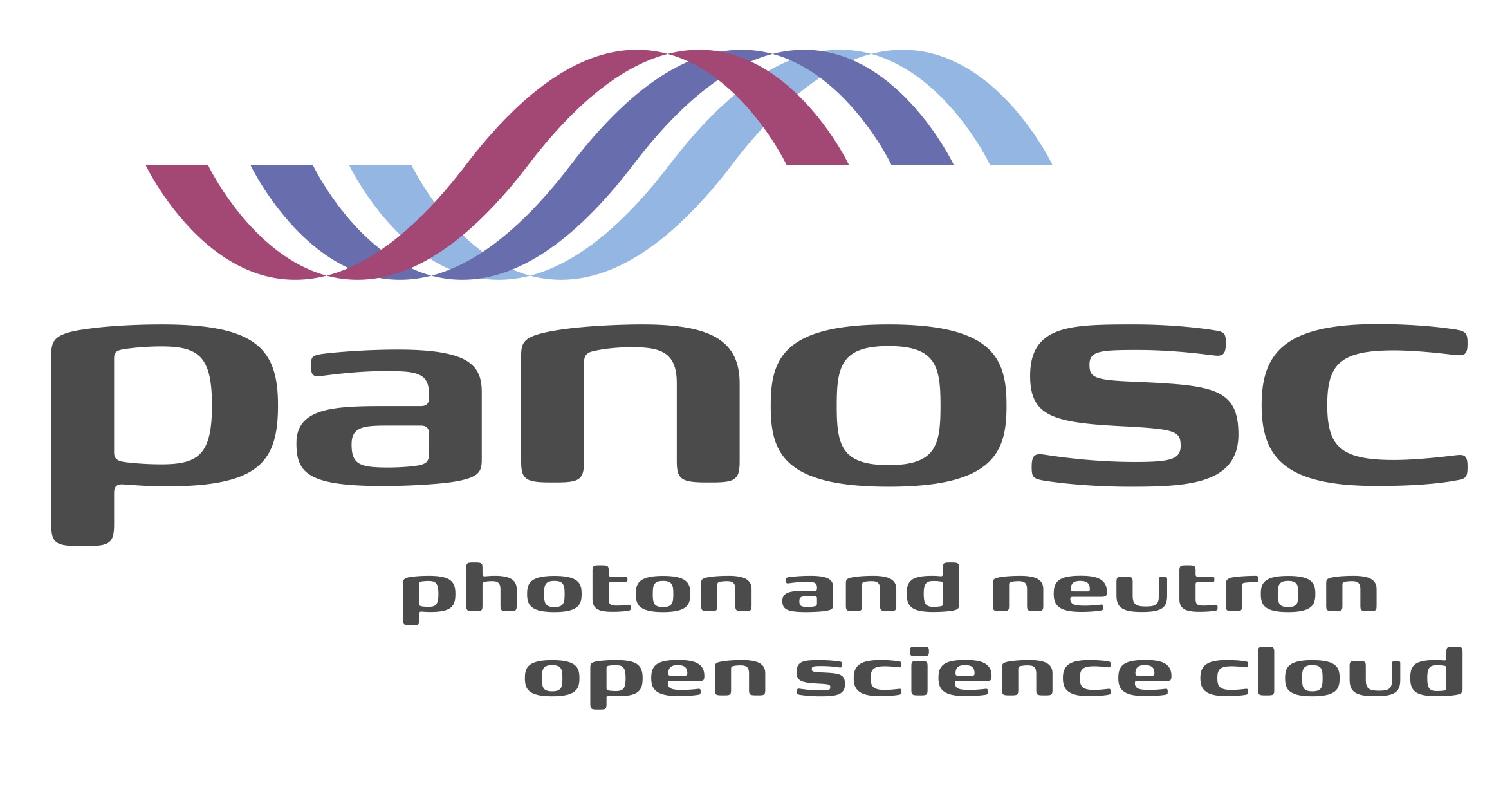
Photon and Neutron Open Science
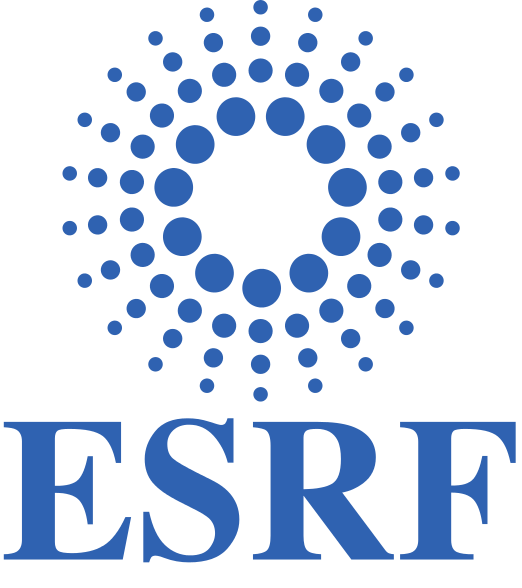
European Synchrotron Radiation Facility

SOLEIL

Institut Laue-Langevin- ILL
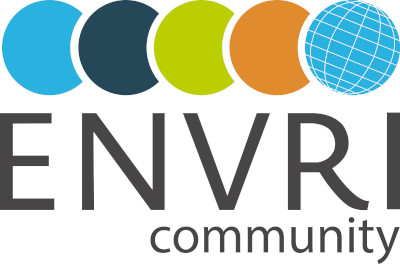
Environmental Research Infrastructures
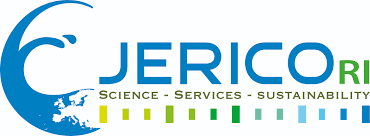
JERICO
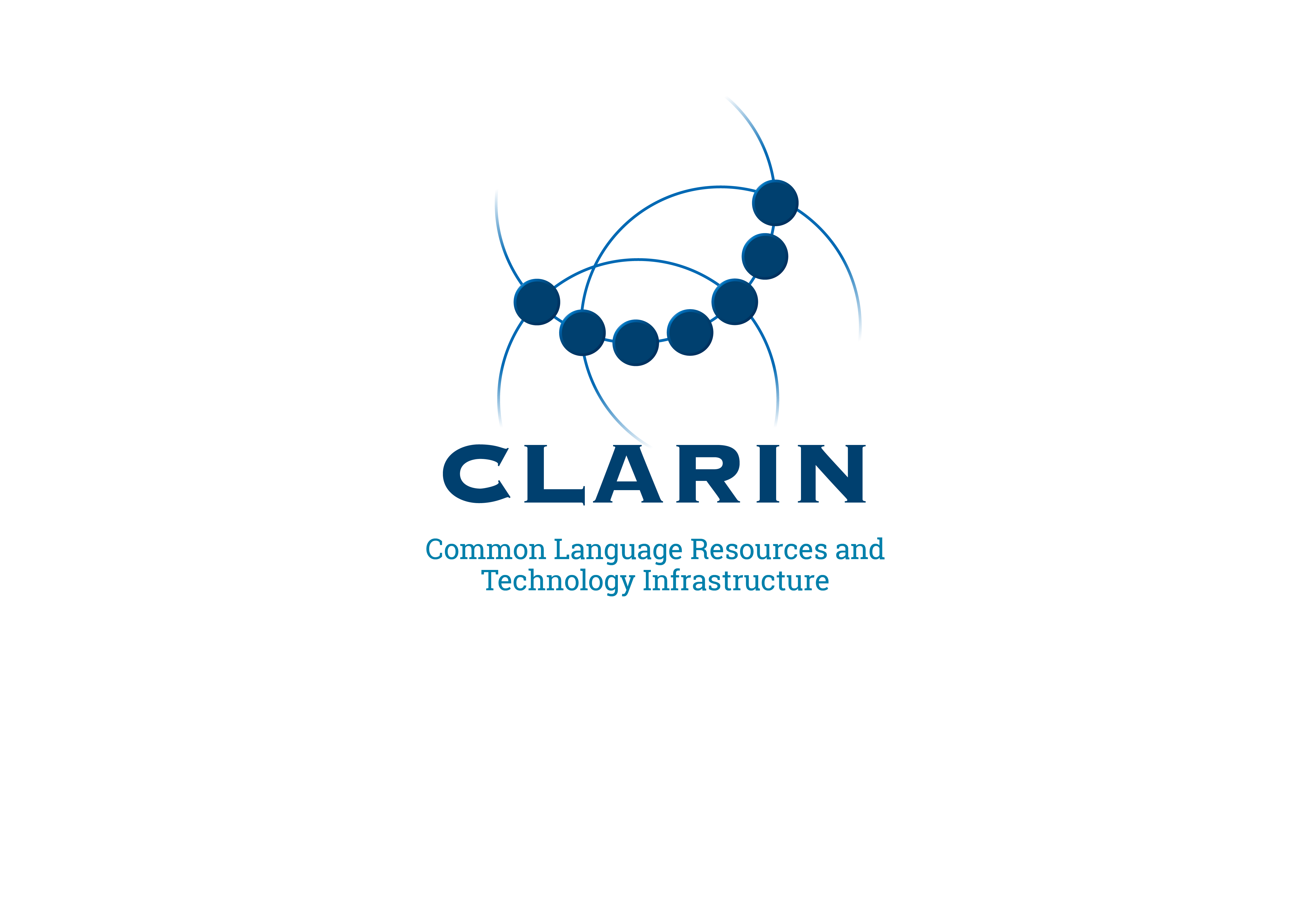
CLARIN

CESSDA
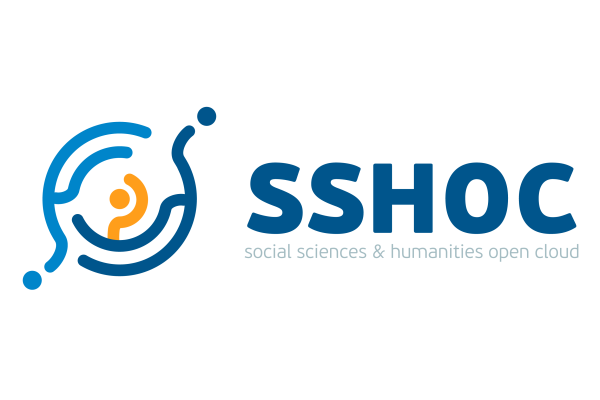
Social Sciences and Humanties Open Scloud - SSHOC

Austrian Academy of Sciences

LIFEWATCH
ESCAPE

